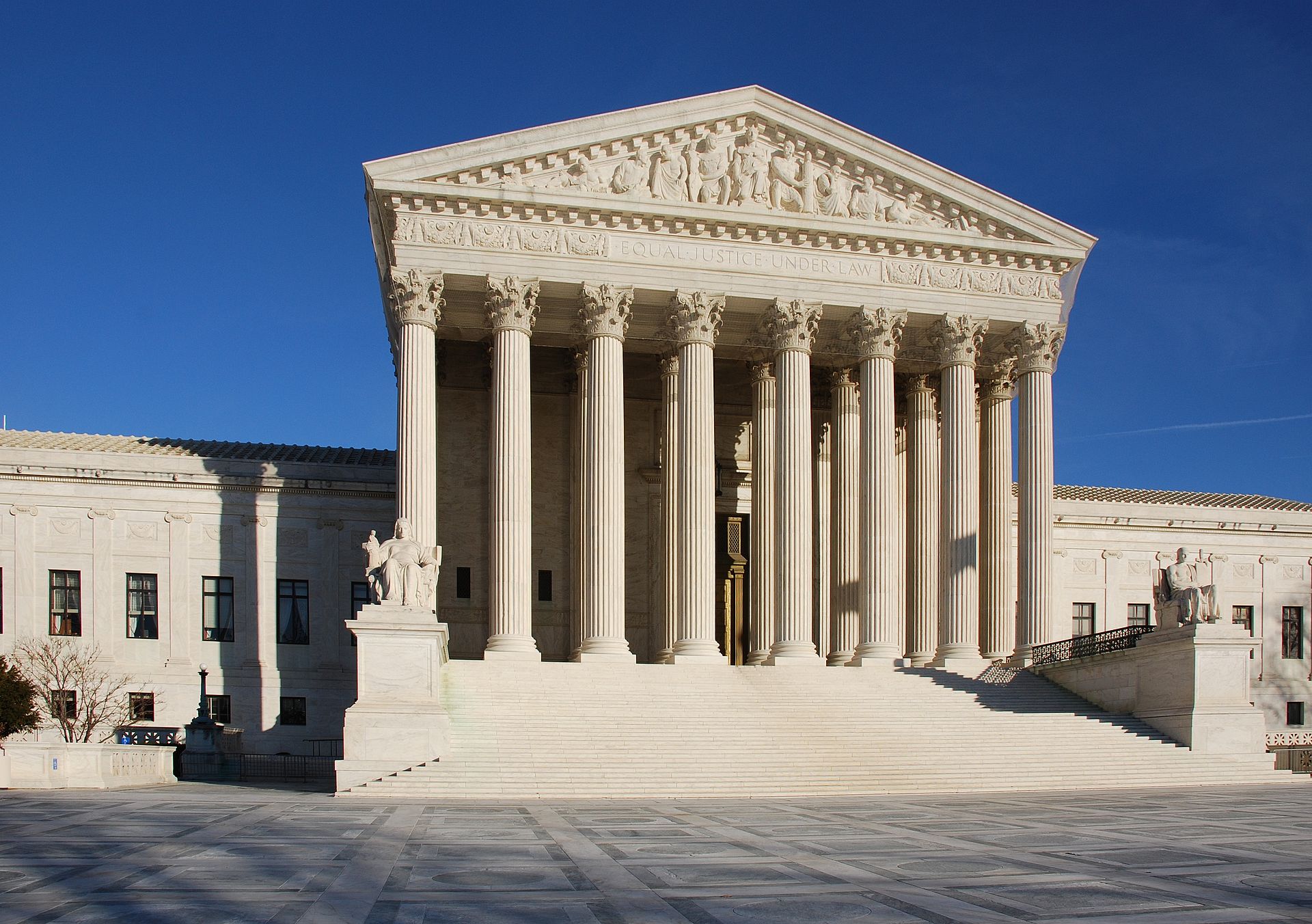On July 13, 2020, the United States Supreme Court released its calendar for the October 2020 session.
The first case that the Supreme Court will hear is Carney v. Adams, a case from Delaware that challenges Article IV, Section 3 of the Delaware Constitution which mandates partisan balance on the state supreme court.
Article IV, Section 3 of the constitution reads, “three of the five Justices of the Supreme Court in office at the same time, shall be of one major political party, and two of said Justices shall be of the other major political party.” Delaware is the only state in the country to contain such a provision in its state constitution. Some other states have informal and formal appointment rules which mandate partisan balance on the state supreme court.
Carney v. Adams comes before the Supreme Court because James R. Adams, a resident of Delaware and member of the state Bar Association, sought a position on the state supreme court. He decided not to apply for the position because, according to the partisan balance provision in the state constitution, the governor must appoint a Republican and Adams is neither a registered Republican nor Democrat. Adams then filed a lawsuit against the governor of Delaware, challenging the provision in the state constitution which mandates that justices must be representative of the major parties in the state. Adams argued that Article IV Section 3 violates the first amendment.
Governor John Carney (D) argued that Adams did not have the legal right to file a lawsuit. When Adams filed suit, the district court ruled that he had Article 3 standing on some of the aspects of the case, but not all. The district court noted that a government employer may not make employment decisions based on political allegiance except with respect to policymakers. Upon appeal, the U.S. Court of Appeals affirmed in part and reversed in part the federal district court’s ruling. Gov. Carney filed a petition with the U.S. Supreme Court, arguing the 3rd Circuit’s decision conflicted with decisions in similar cases from the 2nd Circuit, 6th Circuit, and the 7th Circuit.
Additional reading:


